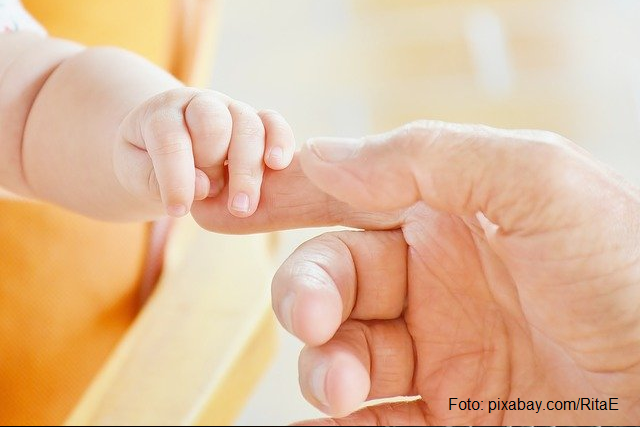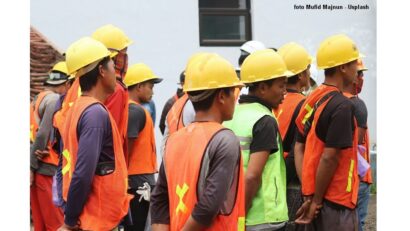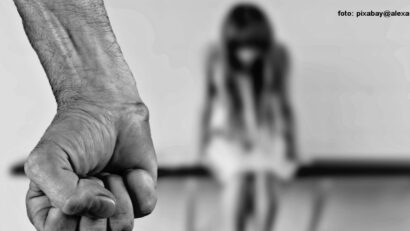Social Entrepreneurship between social assistance and competitiveness
The notions of social entrepreneurship and social economy have been well received in Romania

Christine Leșcu, 17.03.2021, 10:41
Launched
just a couple of months ago in Romania the notions of social entrepreneurship
and social economy were well received, all the more so as partially they
overlapped an older activity, very familiar with the Romanians: the small craft
cooperatives.
Social entrepreneurship introduces the idea of
social need, which can be satisfied through an economic activity, which doesn’t
make a profit in money. In other words, social enterprises aren’t interested in
making money but rather in developing human relations and skills. Romania
already has small workshops where underprivileged citizens, such as former
homeless people, single unemployed mothers, or former victims of human
trafficking, are employed and learning a trade.
Trades may vary from sewing and baking to mending
IT equipment. The employees get the minimum wages but they put their lives back
on track again. This is the immaterial gain and the material one is enough for
the company’s sustainability. So from the viewpoint of mutual assistance, the
activities of social enterprises and NGOs are overlapping. In fact, many social
entrepreneurs have started as NGO managers, such as Raluca Chisu, coordinator
of the Kinetobebe Association.
Raluca
Chisu: We are an NGO with
40 employees and a management and coordination team. Our resources come from
two directions: we have an economic resource, which means that we are providing
services to the market and get paid for these services and a social resource,
so to say, which means that we are getting money from donations and from
sponsors. This is what Kinetobebe Association, which I am coordinating, does.
We have three centers of pediatric recovery providing services in this field,
of the medical recovery of children. We have 150 patients a day and a team of
therapists working every day, and that means we must have the financial resources
to cover these expenses. The social resource, from donations and sponsors is
not very reliable, so we must cover our expenses from some economic activities.
However, these activities aren’t supposed to make a profit and if they do, this
profit must be reinvested in the social activity.
Any social enterprise must
satisfy a social need and, and Raluca Chisu created this enterprise to respond
to the children’s medical needs.
Raluca
Chișu: The fact that 25% of
the children born are in need of recovery is already a prerequisite. The state
comes up with solutions, but cannot cover the need. For instance, in the case
of motor recovery, which involves physical and cognitive recovery, the state
covers only 5% of what children need. A child with a neurological condition
needs 365 days of recovery and the state facilities can provide only 10 days,
two hours a day.
It is only natural, Raluca
Chișu says, that social enterprises or NGOs take over some of this burden and
help the state with these activities.
The main condition is that the
social need should not be exploited to make money. Another social need seems to
be the idea of providing support for the talented young people, enabling them
to make a name for themselves in the cultural life. This is actually the
purpose of the association coordinated by musician Doina Saliu, organizer of
musical festivals and master courses devoted to the young people, which have
professional musicians as invitees.
Doina
Saliu: I have created an online festival together with my
colleagues. We didn’t have other solution than to resort to donations to cover
my expenses in this period. Of course I have two volunteers, an accountant and
an IT expert, but this cannot last forever, you know. Artists are also
volunteering for this project, but this also cannot go on forever. Recently I
have offered contracts to my colleague contributors, because they volunteer,
but like I said, this activity cannot go on like that forever. I am speaking of
artists of international repute here.
This is an example where
charity is corroborated with economic activities fostering the careers of young
artists, who would remain unknown without such support.
Besides this mixture of
entrepreneurship and charity – a mixture which sometimes leads to ambiguities -
social entrepreneurship also involves contact with the authorities. The main purpose
of this interaction is to promote public policies, which must be beneficial to
the domain in which the social enterprise is activating. Here is Raluca Chisu
at the microphone again.
Raluca
Chișu: We, as NGOs or
associations, very much rely on public policies. And most of the time we should
initiate these public policies. Mrs. Saliu, for instance, should come up with a
public policy for the support of the young artists. We have been lobbying the
ministries for quite some time now for various public policies.
The
law on social entrepreneurship was promulgated in Romania in 2016. The first
statistics on Social enterprises were also published that year. So, at the end
of 2015, this sector hired over 136 thousand people, including cooperatives,
mutual assistance funds for employees or pensioners, mutual societies,
associations, foundations and other legal social economy organisations.
Furthermore, over 3 million Romanian citizens have registered as members or
direct beneficiaries of these entities. Romania’s social economy figures have
allegedly increased of late.
(bill)






























